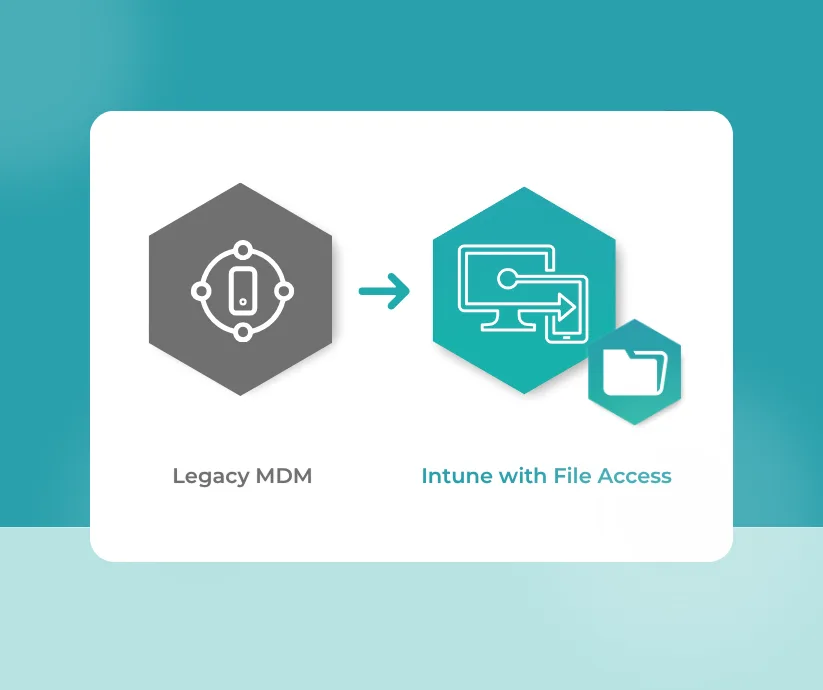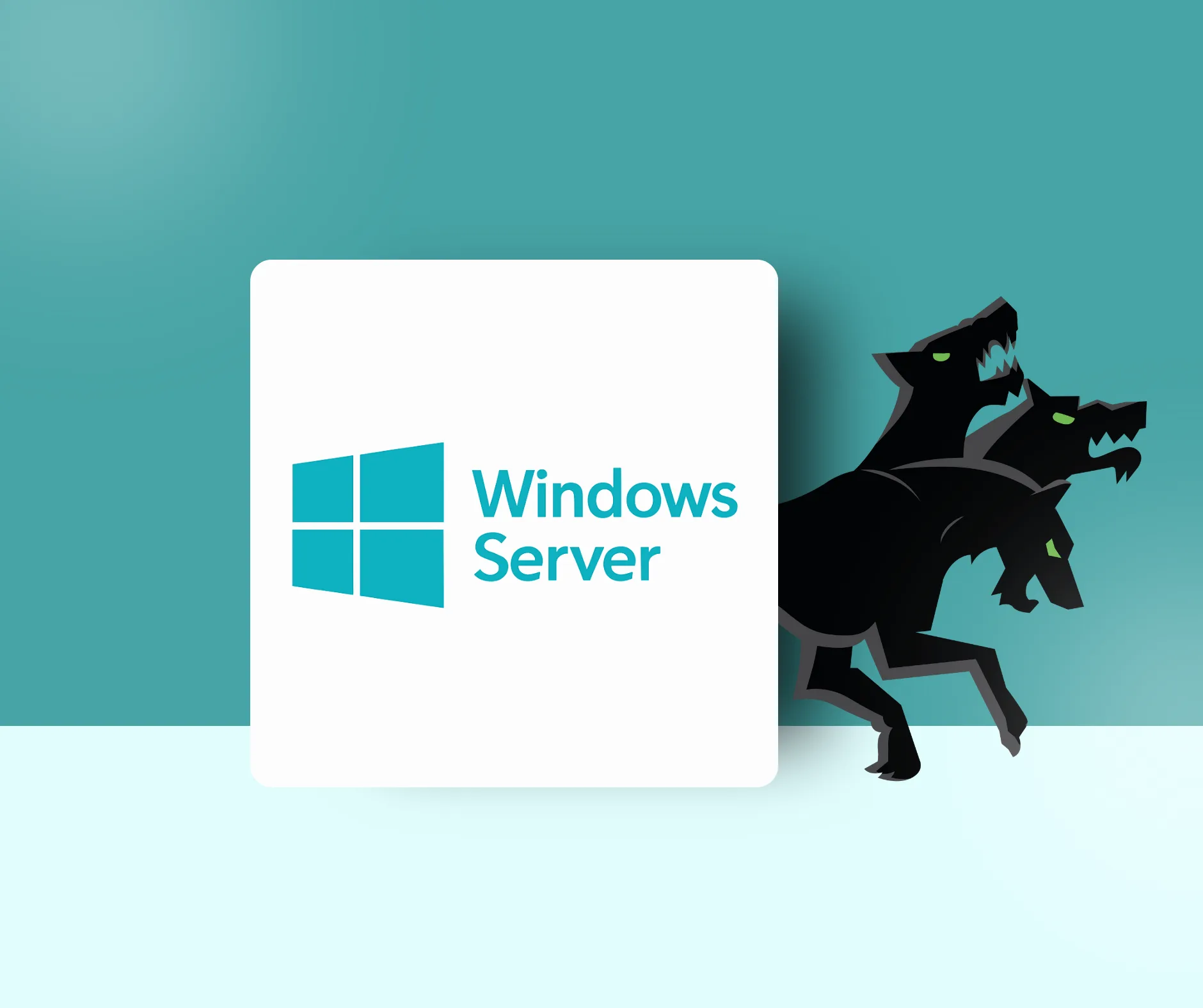Data breaches continue to make headlines around the world. Seemingly, no matter what defensive measures security professionals put in place, attackers are able to circumvent them. No organization is too large or too small to fall victim to a data breach. No industry is immune to an attack. Regardless of the type or amount of your company’s data, there is always someone out there who is trying to steal it.
Look at the data
When looking at the newly-released 2019 version of the Verizon Data Breach Investigations Report (DBIR) We see that a shocking 80% of hacking-related breaches still involve compromised and weak credentials.
It is incredible to see how many people neglect the importance of passwords.
The mentioned report is built on real-world data from more than 40’000 security incidents and roughly 2000 data breaches provided by 73 data sources, both public and private entities, spanning across 86 countries.
Cost of a Data Breach
Data breaches can cause devastating financial losses and effect on a company’s reputation. Which has been proven for quite some time. From lost business to regulatory fines and remediation costs, data breaches have far reaching consequences than most believe.
The Ponemon Institute conducted a report, to analyzes data breach costs. Together with IBM Security they published “The annual Cost of a Data Breach Report”. We recommend you to have a closer look.
To break it down for you their findings were the following:
(For their research they used data from over 500 organizations across 16 geographies and 17 industries.)
3.92 Mill.$
Average total cost of a data breach
25’000 records
Average size of a data breach
8.19 Mill.$
Costs a data breach in the United States
What are the weak spots?
It is frustrating, knowing that 80% could have easily been prevented by enforcing better passwords.
The fear of forgetting one’s password causing almost 60 percent of people to use the same or similar password for multiple accounts. With such poor password hygiene, it’s no surprise that hackers are taking advantage of the doors we’re leaving open for them. But there are further weak spots that might concern you.
- 64% say that having a password that’s easy to remember is most important
- 2 in 5 (42%) keep passwords in a file on a mobile device, Word-doc or excel spreadsheet
- 39% say if it’s not required they never change their password.
It boils down to this, the password management of employees is not good. However, what are the associated costs for businesses?
High support costs
To prevent such breaches companies invest a lot of money. The cost of supporting password systems, including staffing and infrastructure, can be significant for today’s digital businesses.
Ask an IT help-desk worker which four words they hear most often and the chances are the answer will be: “I have forgotten my password.” Password queries make up a large proportion of support calls in any organisation and are frustrating both for the help desk and the user. Gartner estimates that 20% to 50% of all help desk calls are for password resets. Nevertheless, Forrester Research estimates that the average cost of a single password reset done by help desk is up to $70.
[CP_CALCULATED_FIELDS id=“20″]
An easy step to prevent weak passwords
Entering credentials manually is frustrating, time-consuming and depending on the user also insecure. As mentioned before, people tend to use the same password for almost every service.
Here is where Kerberos Single Sign-On (SSO) can be of great help.
With Kerberos SSO the user only authenticates once through their device – this is enough to identify the user and grant access for all applications in the company. Kerbreos is a standard protocol for authentication, that uses tickets. It will avoid storing the passwords locally or sending them over the internet – instead it uses a trusted 3rd-party server. Furthermore it is built on symmetric-key cryptography resulting in an additional layer of security.
Single Sign on on Android Enterprise
To enable Kerberos SSO on Android Enterprise, Hypergate is needed. This can be done in hours and no infrastructural changes are needed. Keep in mind using Device Admin is not an option because it has been deprecated on Android Enterprise.
Hypergate is compatible with all leading Enterprise Mobility Management solutions including MobileIron, Microsoft Intune, VMware Workspace ONE, BlackBerry and many more. In addition it is device agnostic, allowing you to have a fully diverse BYOD fleet.
To save Support cost Hypergate makes Passwords Expirations, Password Changes and Password resets a pain point of the past. Currently it is the case that the user is dependent on having access to a desktop windows computer is needed to reset it. With Hypergate your employees can finally be truly mobile.







